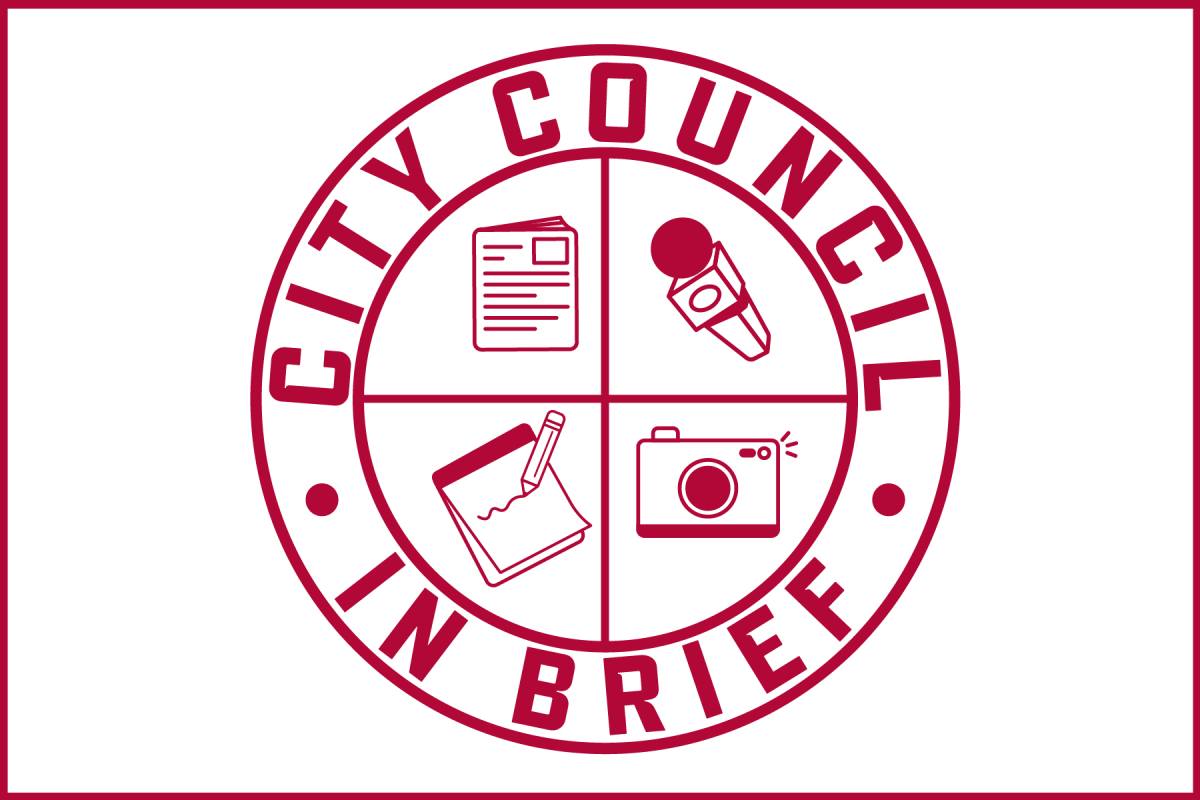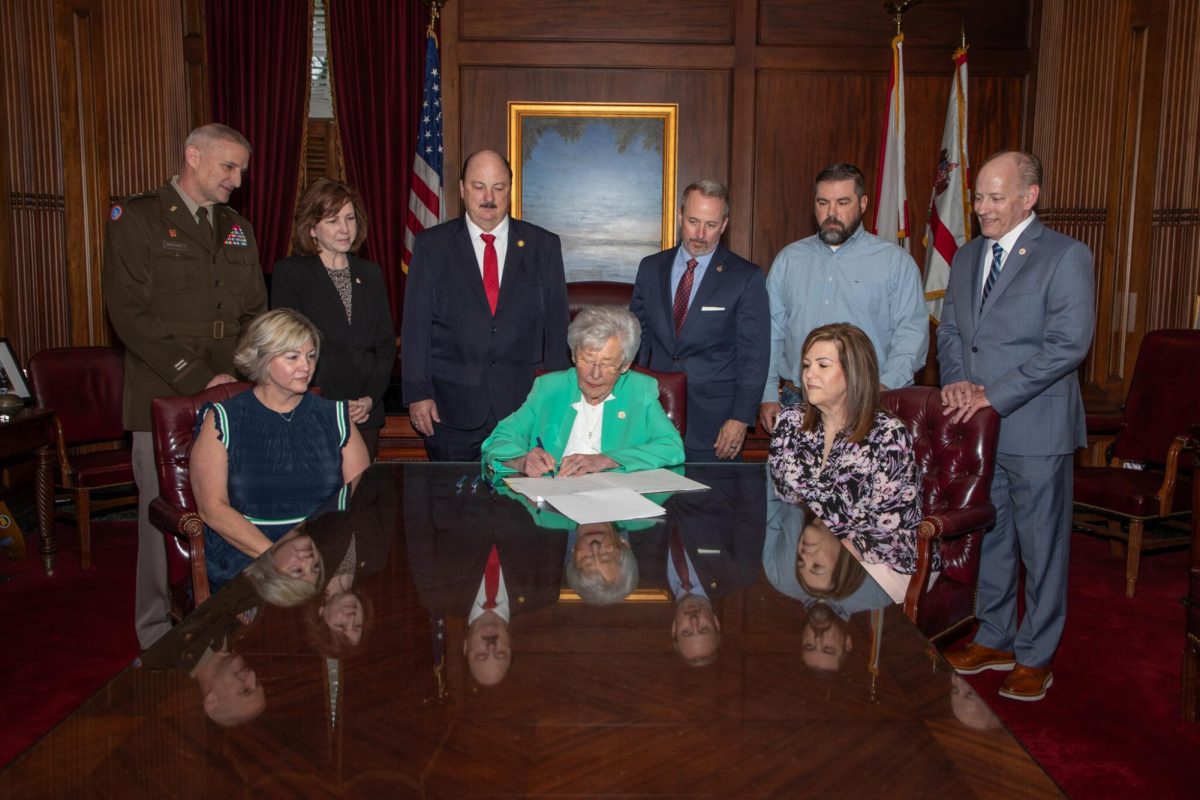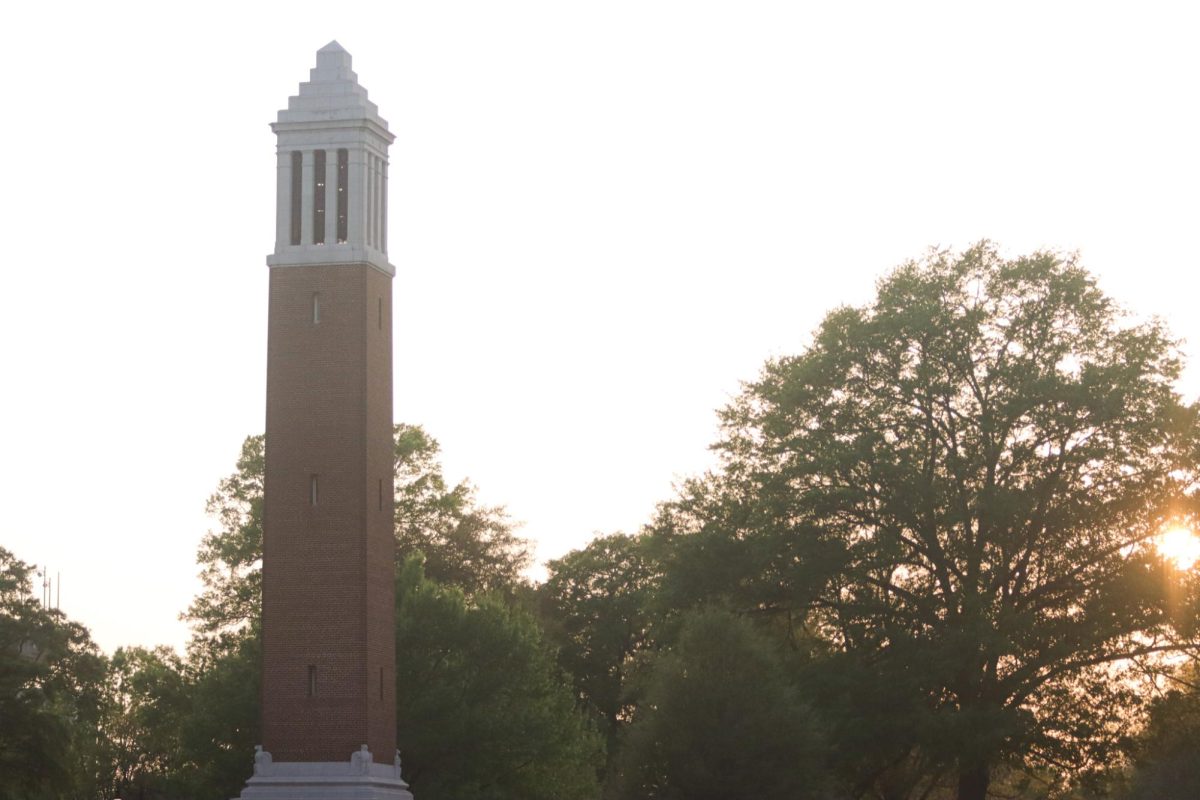Upon returning from tours of duty, some veterans choose to return to college to complete their degrees. The transition from combat to campus, however, does not come easily to all those attempting it.
Currently, the University’s Campus Veterans Association assists veterans as they make their transformation from soldier to student.
While UA does have the CVA, the University lacks a Veterans’ Center, something neighboring universities have. Both Auburn University and The University of South Alabama started their own campus veterans associations after UA, but both already have Veterans’ Centers on campus.
“I think the number one thing that the University could do for veterans in general is to provide them with an actual Veterans’ Center on campus,” said Will Suclupe, current UA student and Army veteran. “In the military, we call it a one-stop-shop, meaning that it has everything that you need that would help you successfully to transition from military life to civilian and college life.”
Age, as well as life experiences, sets veterans apart from traditional students in the classroom, which can make it difficult for veterans.
“Over the last couple of years, we’ve kind of figured out some of the things that vets face,” said Ashkan Bayatpour, founder and former president of the Campus Veterans Association. “Just like with anything else, when you’re dealing with people, a lot of unique things come up – it just depends on the person and their experiences. But, one of the main things that comes up is obvious: the age difference.”
Suclupe agreed the majority of returning veterans are older and more experienced.
“It’s kind of hard to find a group of friends or relate to students in the classroom without knowing anyone. I didn’t know anyone at UA when I first got here. CVA helped me find a group of friends that could relate to my experiences.”
Veterans may suffer from post-traumatic stress disorder and brain injuries that can result in learning disabilities. Getting back into the groove of being a student again and also building a group of friends are tasks some veterans face.
“We’ve been working with the University for a few years now, trying to incorporate transitional programs, and they’ve been really slow about doing it,” Bayatpour said. “There’s been a lot of issues and a lot of cutting through red tape trying to get them to understand that they need to invest in the future of the veterans.”
CVA has worked with the Student Government Association to create Veterans Appreciation Week that is now celebrated each year on campus. The organization also hosts movie screenings with Q&A sessions during the year, as well as hosting a banquet.
Next year, there are plans to organize an orientation specifically for veterans. Transitional classes, which prove to be beneficial on numerous college campuses, are also a goal at UA.








